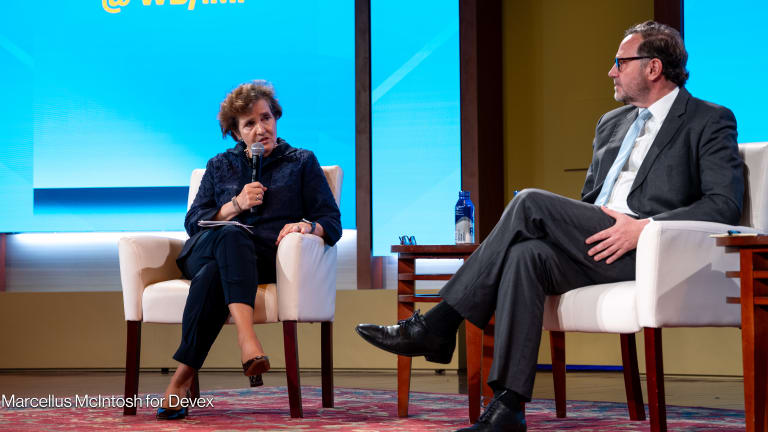
The Millennium Challenge Corp. has been praised for its work on infrastructure and other projects from Armenia to Vanuatu. We asked the U.S. government corporation’s chief economist about its success. Read Franck Wiebe’s exclusive guest opinion on innovative financing for development, or check out this excerpt:
“Stretching aid dollars” requires a new level of discipline from development agencies and country partners. The practice of benefit-cost analysis fell out of favor – it takes time, data, and technical competence, and unfortunately is vulnerable to political interference (both local counterparts and aid agencies often have agendas of their own) – but needs to be reinstated as an essential tool for assessing trade-offs and opportunity costs. We need to start with the recognition that any good idea has a price at which it is no longer a good idea. Partners should not enter into programs before conducting an objective comparison of the value of benefits to the total cost of delivering them. …
Some may object that such an approach stifles innovation – it need not. Where ideas have never been tried before, development partners can enter into small-scale pilots and rigorous experiments designed to generate information that can be used to assess the potential for scale-up. MCC has built such experimentation into several of its country programs, and the U.S. Agency for International Development’s new Development Innovation Ventures is another promising mechanism. But the current clamor for increased innovation should not serve as an excuse for not conducting proper due diligence, using logic and evidence, to assess whether the new idea has any prior basis for expecting cost-effective results.
Read Franck Wiebe’s full op-ed, brought to you by Devex in partnership with the United Nations Foundation.








